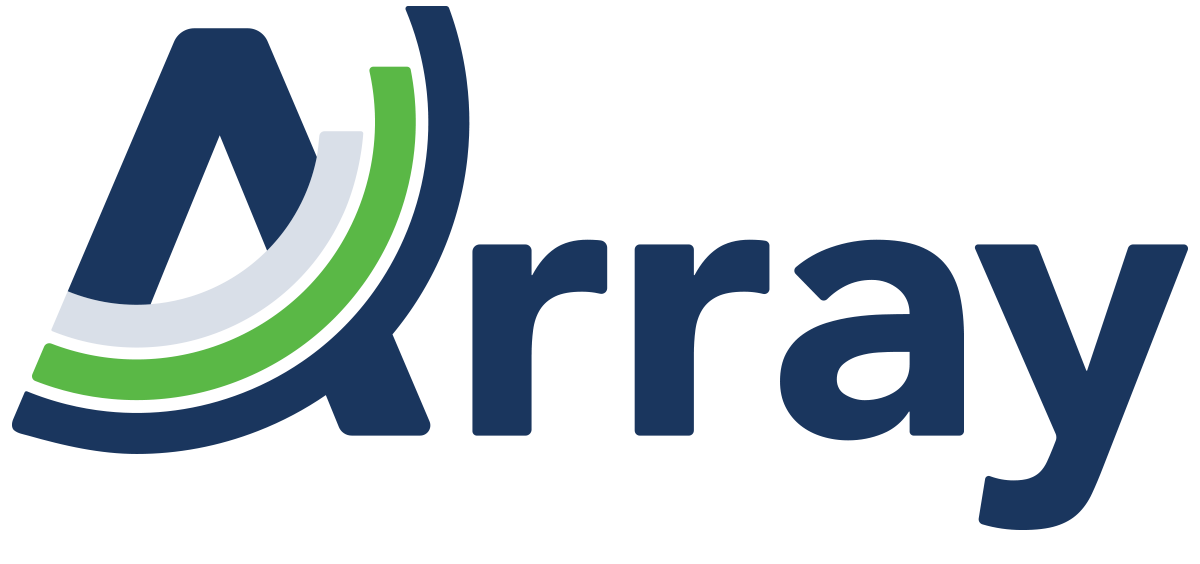Every week, the Array team reviews the latest news and analysis about the evolving field of eDiscovery to bring you the topics and trends you need to know. This week’s post covers the period of November 17-23. Here’s what’s happening.
AI Terms of Use Address Legal Applications
Louisiana state court judge Scott Schlegel, currently on the Louisiana Fifth Circuit Court of Appeal, writes on his [sch]Legal Tech blog about the current version of Anthropic’s terms of use, which states that “Legal” (which includes “Integrations related to legal interpretation, legal guidance, or decisions with legal implications”) is a high-risk use case. Other high-risk categories named in the terms include healthcare, insurance, finance, and the like.
For high-risk use cases, the terms require “human-in-the-loop,” i.e., review by “a qualified professional” prior to dissemination, as well as disclosure to customers that Anthropic’s services were used.
Schlegel writes, “It’s a fascinating example of how technology providers may help shape legal practice, sometimes in unexpected ways.”
One wonders whether AI usage guidelines like this could help set the standards for AI in the practice of law and what happens, for example in litigation, when a lawyer is found not to have complied.
Existing ethical constraints like confidentiality and lawyer competence already apply to use of AI tools in eDiscovery and other legal applications. Most attorneys would not be likely to use a service like the free version of Anthropic’s Claude AI for eDiscovery tasks. And for any AI-enabled platform, they need to clearly understand its privacy and other safeguards. If the rules of ethics aren’t sufficient to deter an attorney from dubious uses of AI, the impact of a website’s terms of use seems questionable. However, a technology provider taking responsibility for the ethical implications of its tech is a breath of fresh air.
Law Firm Tech Survey Shows Non-Traditional Attorney-Client Communications
As reported on Law.com, the 2024 Legaltech News (LTN) Law Firm Tech Survey found that around 34% of respondents’ firms offer proprietary technology developed in-house for either internal use or client and internal use. Further, 47% of firms used general IT staff, rather than data scientists, to develop their proprietary technologies.
The survey, which included 30 technologists at top U.S. firms, also found that nearly 59% of firms allow lawyers to use text and messaging to communicate with clients, and more than half have policies governing the types of communications that are permitted on such platforms.
The findings of this survey provide examples of the types of communications that will increasingly be appearing on privilege logs, including texts and other messaging as well as communications or other documents generated through firms’ proprietary platforms.
Other recent eDiscovery news and headlines:
- AI accelerated legal tech funding – this is how it takes the next step (Global Corporate Venturing)
- Privacy Risks Mount as E-Discovery Errs Toward Over-Collection (Bloomberg Law)
- New York Times Says OpenAI Erased Potential Lawsuit Evidence (Wired)
Julia Helmer; Director, Client Solutions
With 15 years of expertise, Julia excels at optimizing enterprise eDiscovery workflows from start to finish. With a deep understanding of how to seamlessly integrate workflows across various eDiscovery platforms, Julia creates tailored solutions for data identification, legal holds, ESI collections, and productions. By harnessing the power of Technology Assisted Review and Analytics, she delivers efficient, cost-effective results that align with best practices and budgetary constraints. Julia’s exceptional communication and customer service skills have fostered strong, lasting relationships with both clients and Project Management teams, enabling her to effectively problem-solve and drive success across numerous projects.

